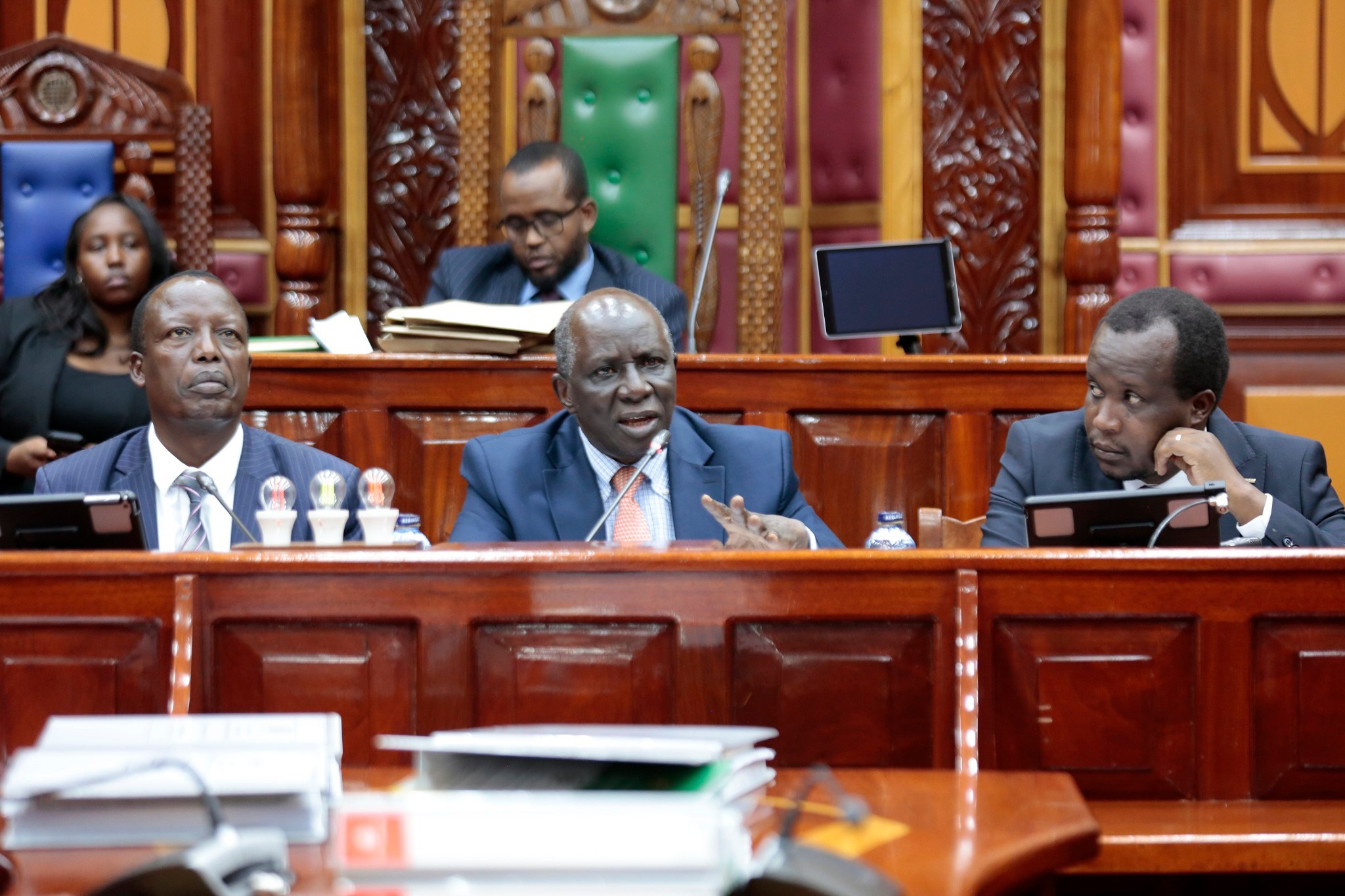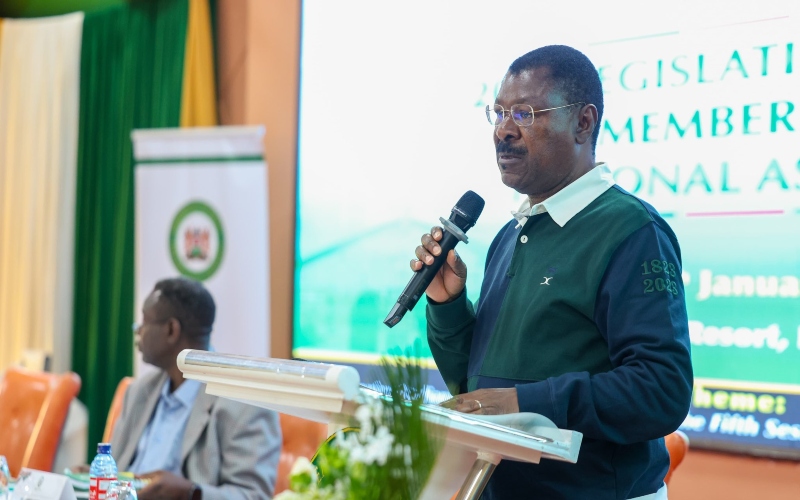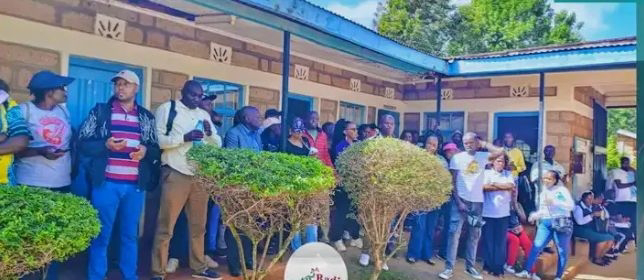A regulatory audit covering the 2024/2025 and 2025/2026 financial years has exposed major compliance gaps within the medical training sector, with the Kenya Health Professionals Oversight Authority (KHPOA) revealing that 8% of institutions had admitted students without valid registration or licensing. Additionally, 26% failed to meet the minimum faculty-student ratio of 1:10, raising concerns over the quality of graduates entering the health workforce.
KHPOA inspected 152 institutions offering medical courses, and the findings were tabled during a joint sitting of the National Assembly’s Education and Health Committees. The session brought together regulators and stakeholders to consider a petition by the Association of Medical Training Institutions of Kenya (AMTI-K), which is seeking fair regulation and recognition of private medical colleges.
Presenting the audit results, KHPOA CEO Dr. Jackson Kioko highlighted wide disparities in course standards and training structures.
ALSO READ;
Mass exit looms as JSS teachers accuse KUPPET of betrayal, neglect
“Entry requirements for similar courses varied widely, with certificate courses lasting between 6 and 12 months, and diploma courses between 24 and 36 months. Some colleges provided no clinical exposure at all, while others offered anywhere from 0 to 24 months,” Dr. Kioko said.
He warned that such irregularities endanger patient safety and compromise the credibility of Kenya’s health workforce.
“Our assessment revealed that some institutions train without adequate faculty, without clinical attachments, and in some cases without even being registered,” he told lawmakers.
AMTI-K, in its petition, accused regulators of discriminatory practices, arbitrary fees, and overlapping mandates. It cited multiple oversight bodies including TVETA, CDACC, KHPOA, and professional councils for imposing duplicate inspections and levies that disproportionately burden private colleges.
During deliberations, Members of Parliament called for harmonisation of health training standards nationwide. Health Committee Chair Dr. James Nyikal (Seme MP) stressed the urgency of streamlining regulation.
“It has become clear that there are far too many bodies regulating health training, yet the quality of graduates is still uncertain. The fees charged to private institutions are prohibitive and inconsistent. We must harmonise training standards,” he said.
ALSO READ;
St. Anthony’s Boys sign midfielder Roy Clinton Osoi on full scholarship
According to TVETA, Kenya has 237 accredited medical training institutions, including 88 private colleges. However, the agency warned that the rapid growth of unregulated colleges, fuelled partly by global demand for healthcare workers is undermining quality assurance.
Following the joint meeting, the committees directed KHPOA, TVETA, the Kenya National Qualifications Authority (KNQA), and relevant professional councils to develop a unified framework for standardised entry requirements, curricula, and fee structures.
The committees are expected to table a detailed report in the National Assembly, including recommendations that could inform future legislative amendments to strengthen regulation and improve the quality of health training in Kenya.
By Obegi Malack
You can also follow our social media pages on Twitter: Education News KE and Facebook: Education News Newspaper for timely updates.
>>> Click here to stay up-to-date with trending regional stories
>>> Click here to read more informed opinions on the country’s education landscape






